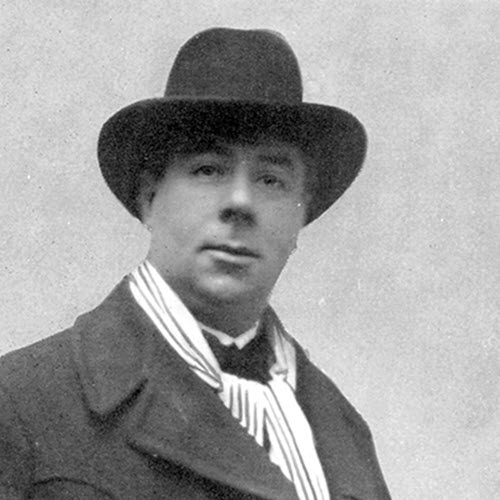Roger Martin du Gard (23 March 1881 – 22 August 1958) was a French novelist and essayist. He received the 1937 Nobel Prize in Literature.
Life and Career
He was born on 23 March 1881 in Neuilly-sur-Seine, Hauts-de-Seine. He received a traditional French education. He attended the Lycée Janson-de-Sailly in Paris and then studied law at the University of Paris. However, he did not complete his degree and left the university to pursue a career in literature.
He was an avid reader from a young age and was particularly interested in the works of Gustave Flaubert, whose influence is evident in his writing. Despite not completing his law degree, his legal training provided him with a rigorous analytical approach that is also reflected in his work.
His education played an important role in shaping his literary style and subject matter, as he often explored themes related to the middle-class society of his time and the tensions between personal aspirations and societal expectations.
Martin du Gard is best known for his monumental novel cycle “Les Thibault”, which tells the story of a bourgeois family in France before and during World War I. The cycle consists of eight novels, published between 1922 and 1940, and won the Nobel Prize in Literature in 1937.
His other notable works include the novels “Jean Barois” (1913), “Les Cimetières sont des champs de fleurs” (1916), and “Un Taciturne” (1931). He also wrote several plays, including “Le Testament du père Leleu” (1914) and “Les Directeurs” (1933).
In addition to his fiction work, Martin du Gard was also a prolific essayist, and his essays cover a wide range of topics, from literature and art to politics and history. He was particularly interested in the role of the individual in society and explored this theme in many of his works.
He was a member of the French Academy and was highly regarded in his time.
He died on 22 August 1958 in Sérigny, Orne.
Award and Legacy
He received the Nobel Prize in Literature, which he won in 1937 for his novel cycle “Les Thibault”. This award cemented his place as one of the most important French writers of his time and brought international recognition to his work.
He was awarded several other honors, including the Prix Goncourt in 1936 for “Les Thibault” and the Grand Prix du roman de l’Académie française in 1923 for his novel “Jean Barois”.
Martin du Gard’s legacy as a writer is significant, and he is considered one of the most important French novelists of the 20th century. His novel cycle “Les Thibault” is regarded as a masterpiece of French literature and is still widely read today. Martin du Gard’s work is notable for its psychological insight into his characters and its critical examination of the values and beliefs of his time.

